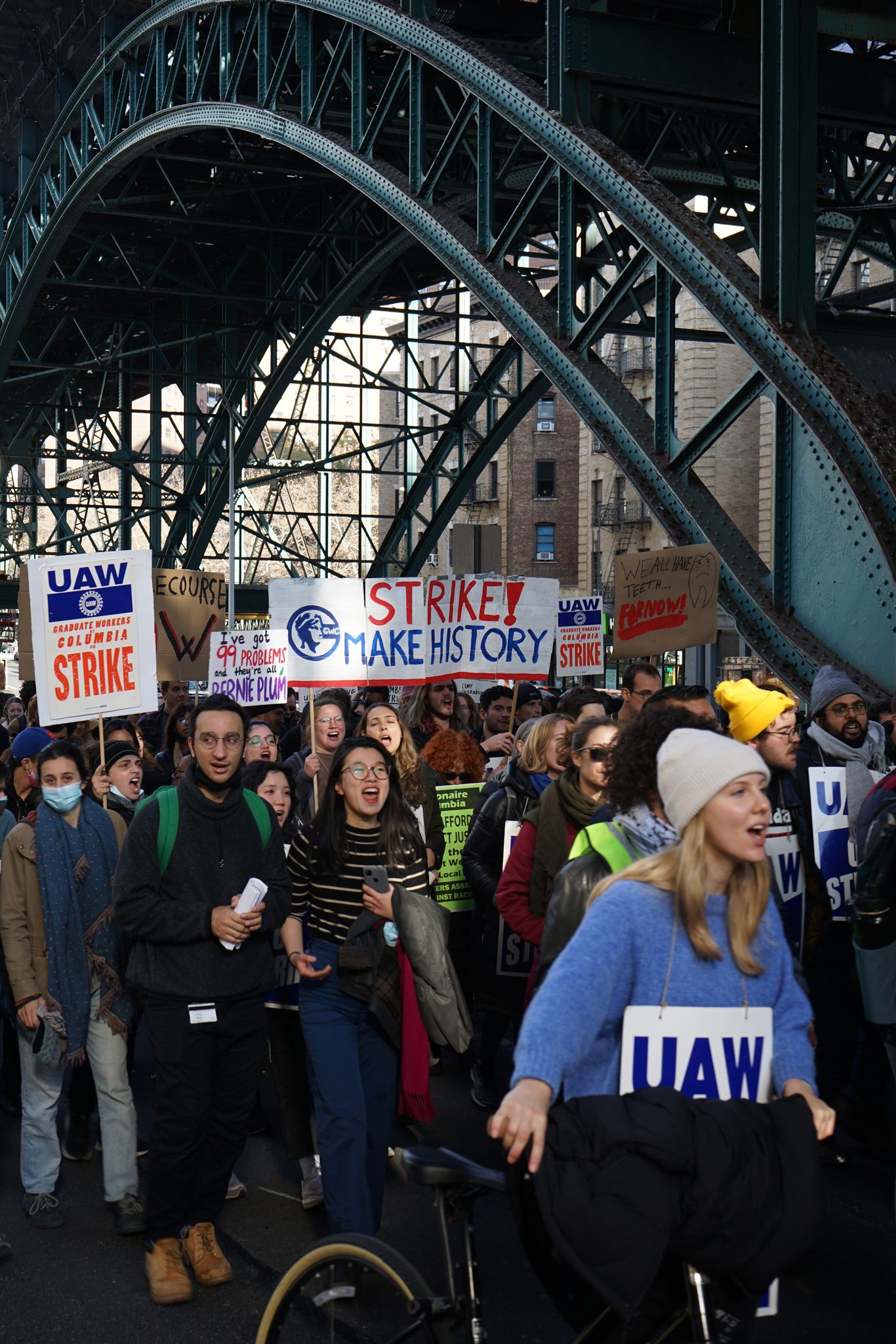After making the decision to leave the confines of the AHA and my fellow history colleagues to take a job at a federal agency, I have to admit I was a little nervous. Who is going to prod me about my research, or laugh at my Foucault jokes (I have many). After getting over my initial social anxiety, I came to a realization many historians working outside of academia reach: often the challenges that come with taking a new position can test your understanding of what it means to be a historian, and allow you to flex your skills and teach a new audience the value of a history degree.
On Sunday, January 4, the AHA annual meeting will host a panel of historians working in a variety of settings outside of academia to discuss how historians can apply their interests and valuable training outside the traditional realm of academia. The panel alludes to what I hope to be the next stage in the Career Diversity journey—where the possibility of historians working outside of academia is a lessening concern, and we can begin to explore what happens after. The panel discussion will range from the common anxieties of leaving behind the academic profession (a common misconception), how historians are applying history training in new ways, and how their work (and identity) as historians has changed in response to new landscapes.
But even if you are a historian working within academia, this panel is relevant to your work as a mentor to your undergraduate and graduate students. This is about reinforcing the message that a history major is not a dead end, but a degree that uniquely qualifies individuals to go forward into other important social, political, and educational positions. Ultimately, we need to convey to students and the public at large that while our history research may remain focused on the past, our role in the broader public is dynamic and flourishing in the unlikeliest of places.
How Can I Be a Historian in this Job?
AHA Session 216
Sunday, January 4, 2015: 2:30 PM-4:30 PM
Sutton Center (New York Hilton, Second Floor)
Chair:
Julia Akinyi Brookins, University of Chicago
Panel:
Carin Berkowitz, Chemical Heritage Foundation
John A. Lawrence, former chief of staff to House Speaker Nancy Pelosi
Jennifer Reut, American Society of Landscape Architects
Steven C. Wheatley, American Council of Learned Societies
Session Abstract:
How can historians working in a variety of contexts think about the relationship between their current employment and a continuing interest in “being a historian”?
This post first appeared on AHA Today.
This work is licensed under a Creative Commons Attribution-NonCommercial-NoDerivatives 4.0 International License. Attribution must provide author name, article title, Perspectives on History, date of publication, and a link to this page. This license applies only to the article, not to text or images used here by permission.


